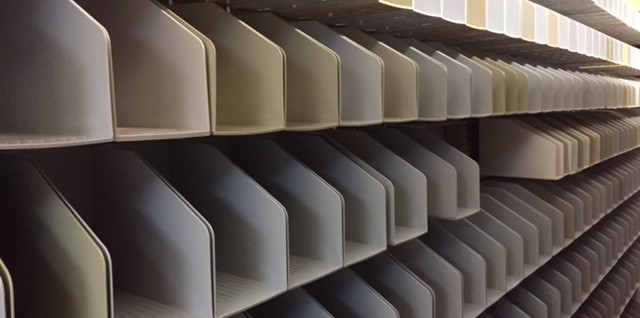Something about the term hazardous waste tends to make people shudder and scrunch up their nose, which doesn’t help when you’re trying to find sustainable solutions for these materials. The Austin Materials Marketplace team loves a challenge (and to boast a bit when we’ve helped make an impact), so we jumped at the opportunity to help de-stigmatize some of these materials and divert them to a higher and better use. We're ecstatic to share that we helped facilitate a partnership between two awesome Marketplace participants, Smarter Sorting and the Austin Habitat ReStore, that will continually move paints, fertilizers, automotive fluids, and other useful materials from the City’s Recycling and Reuse Drop-off Center to local builders, homeowners, and DIYers.
Smarter Sorting, a hazardous waste sorting startup, broke ground on their pilot project with Austin’s Recycling & Reuse Drop Off Center in 2017. Their data-driven technology empowers Household Hazardous Waste facilities to more effectively determine what goes where, which increases accuracy and efficiency. Once the hazardous waste is identified, Smarter Sorting uses the data it collects to identify end-market opportunities for these materials - saving city money and increasing reuse rates. Smarter Sorting joined the Austin Materials Marketplace program in February of 2017, and were quickly matched up with the Austin Habitat for Humanity ReStore, a brick-and-mortar retail chain that sells a variety of reclaimed and reusable materials. This now includes materials that Austin residents unload at the city’s drop off center, often half-full containers of popular wood stains, paints, automotive fluids, and solvents. This partnership is truly closing the loop on hazardous waste streams in Austin by sending reusable products back into the market instead of to the incinerator.
To date Smarter Sorting has diverted around 13,000lbs from Austin’s Household Hazardous Waste site to the Austin Habitat ReStore - saving the city & taxpayers around $9,000, generating approximately $16,000 in revenue for Austin’s Habitat ReStore and avoiding a significant amount of carbon emissions. And to make things even better, the ReStore’s revenue will be used to further their mission of providing safe and stable homes for members of our community who need it most.
Next time you make your way to Austin’s Recycling & Reuse Drop Off Center to drop off materials you can rest assured that the center will dispose of what they have to in a safe way, and Smarter Sorting’s technology will enable the city to divert reusable products to the Austin Habitat ReStore to be sold at a fraction of retail value. The future is looking bright for hazardous waste in Austin, and Smarter Sorting is looking to build on this partnership and others to bring reusable hazardous waste back where it should be - in the hands of consumers.





















